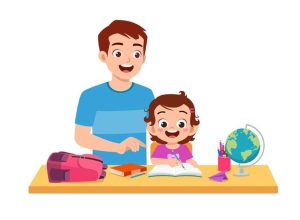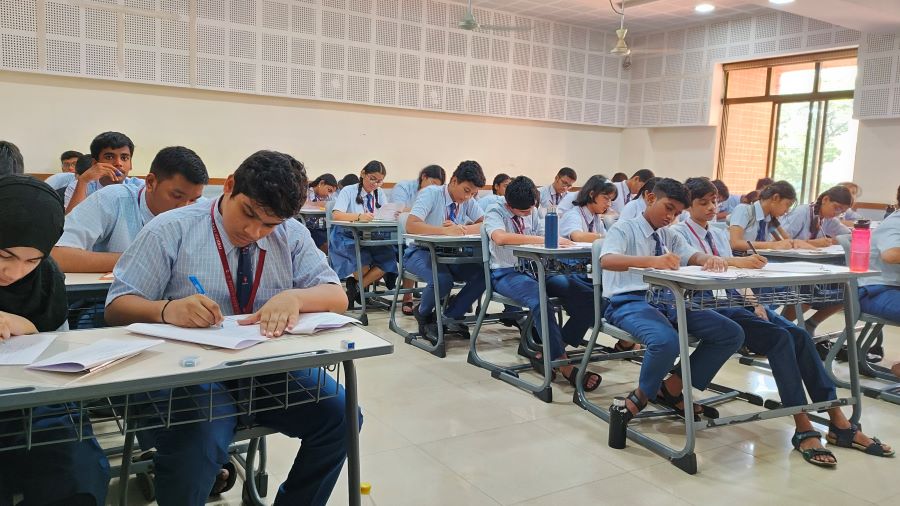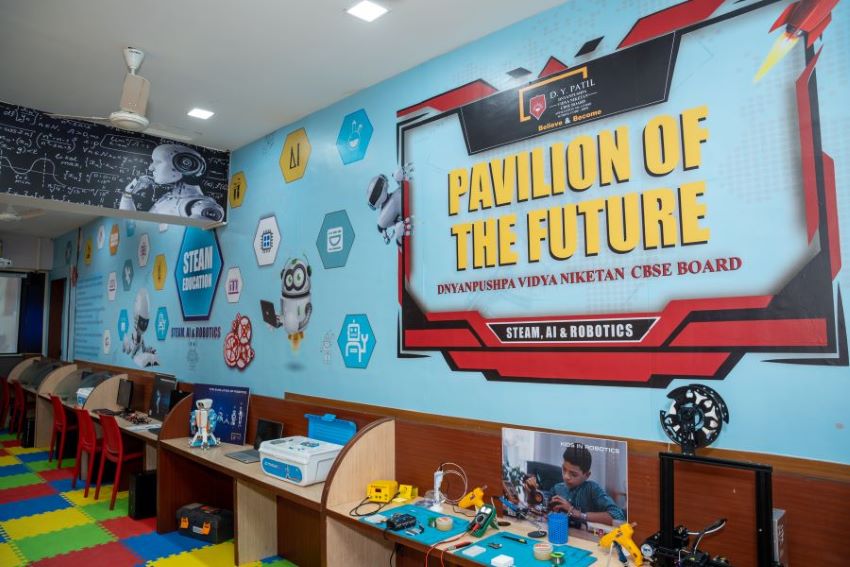By Navneeta Talukdar
As a parent, one of the major roles that you play in your child’s life is that of the ‘problem-solver’. Especially children and teens depend on their parents for their everyday small and big challenges. The best way to problem solving for your child is to demonstrate the process so that he can learn to anticipate and solve his own problems constructively.

Learning the problem-solving skills can help them reduce the intensity of tense situations, think more clearly under pressure, and develop creative solutions.
Here are a few tips on how to teach your kids problem-solving skills at home.
Once the solution is decided by the child, motivate him/her to plan and execute as per the desired solution. In case they need help, some assistance can be offered to help them carry out their plan. But they should be encouraged to do as much as possible on their own. This will help build their confidence and independence.

1. Help them identify the problem
The first step in teaching children problem-solving skills is to help them identify the problem. However simple it might sound, it can be tricky, especially for younger children. When your child comes to you with a problem, ask clarifying questions to make sure you understand what’s going on.

2. Encourage them to come up with a plan
Once the problem or challenge has been identified and specified by the child, help him/her develop an action plan. This is an important step, and the child should be encouraged to think creatively and come up with a solution that works for him/her. In case the child is stuck, some suggestions can be offered, but the choice of the solution should lie with them.

3. Help them carry out their plan
Once the solution is decided by the child, motivate him/her to plan and execute as per the desired solution. In case they need help, some assistance can be offered to help them carry out their plan. But they should be encouraged to do as much as possible on their own. This will help build their confidence and independence.

4. Praise their efforts
When your child has successfully solved the problem, acknowledge their efforts praise them. This will encourage them to solve problems on their own in future and prepare them for success in life.

5. Encourage practice
Encourage your child to practice problem-solving skills on their own by providing opportunities for them to solve the commonplace problems on a regular basis. For example, you can ask them to help you with a household chore or help resolve a conflict between siblings. As they practice, they will become better at problem-solving.

6. Reward success
When your child solves a problem effectively or even shows genuine efforts to do so, reward them with praise and encouragement. Let them know that you are proud of them for their effort and accomplishment. This will motivate them to continue practising their problem-solving skills.
9. Never compare them with others
Every child is unique and develops at his/her own pace. Comparing them with their peers or siblings can make them feel lesser and inferior. Instead, focus on their individual strengths and weaknesses. Keep providing opportunities for them to practice and offer encouragement. Praise them for all of their accomplishments, and help them build self-confidence.
Problem-solving skills are essential life skills for academic successand enhanced social skills as good communication and collaboration are key components of problem-solving.As your child’s problem-solving skills grow, so will their ability to be creative in their thinking. Problem-solving activities help improve your child’s focus and concentration by teaching them how to stay focused on a job until it is completed. By teaching your child how to solve problems effectively, you’re helping them set themselves up for success in school and beyond.





